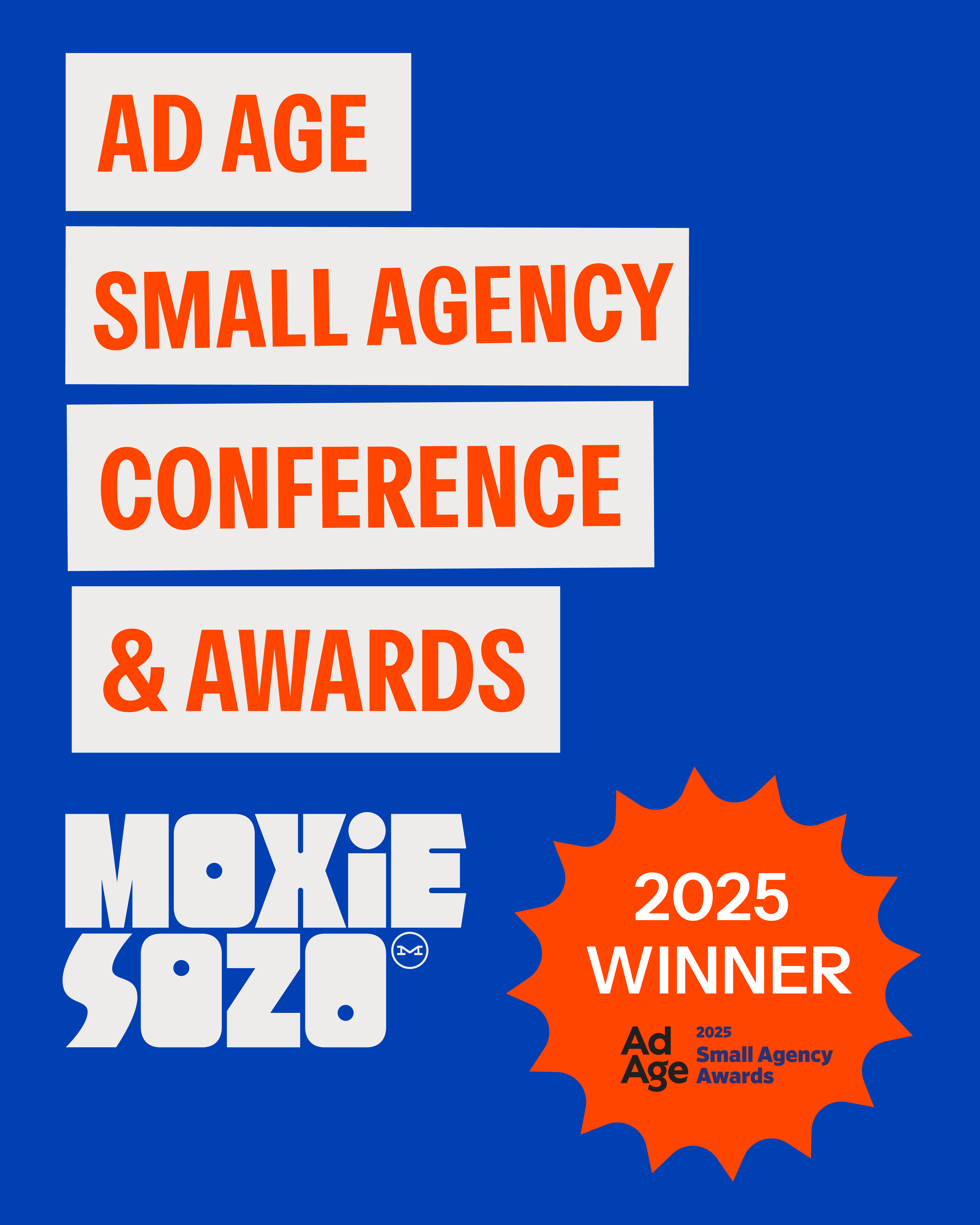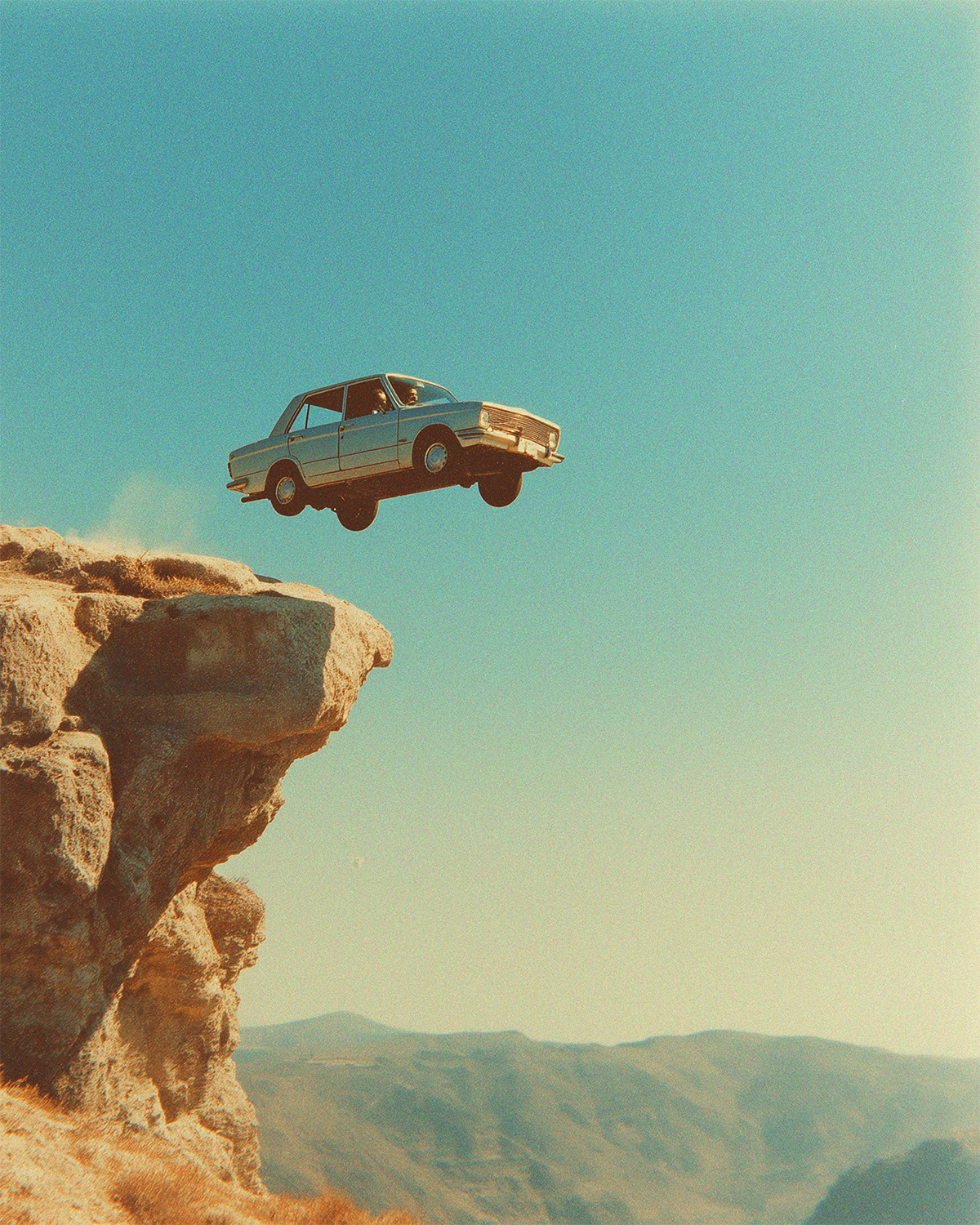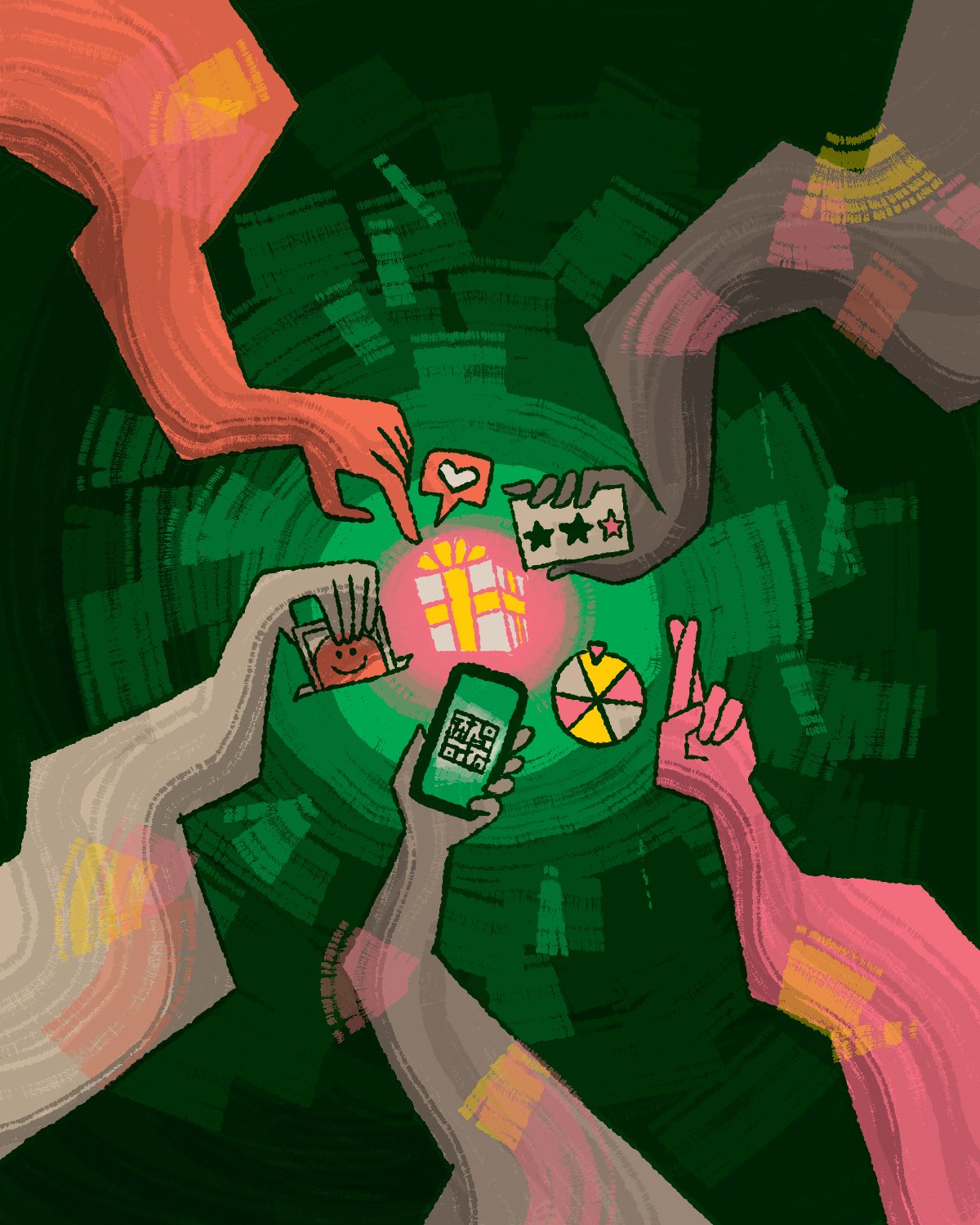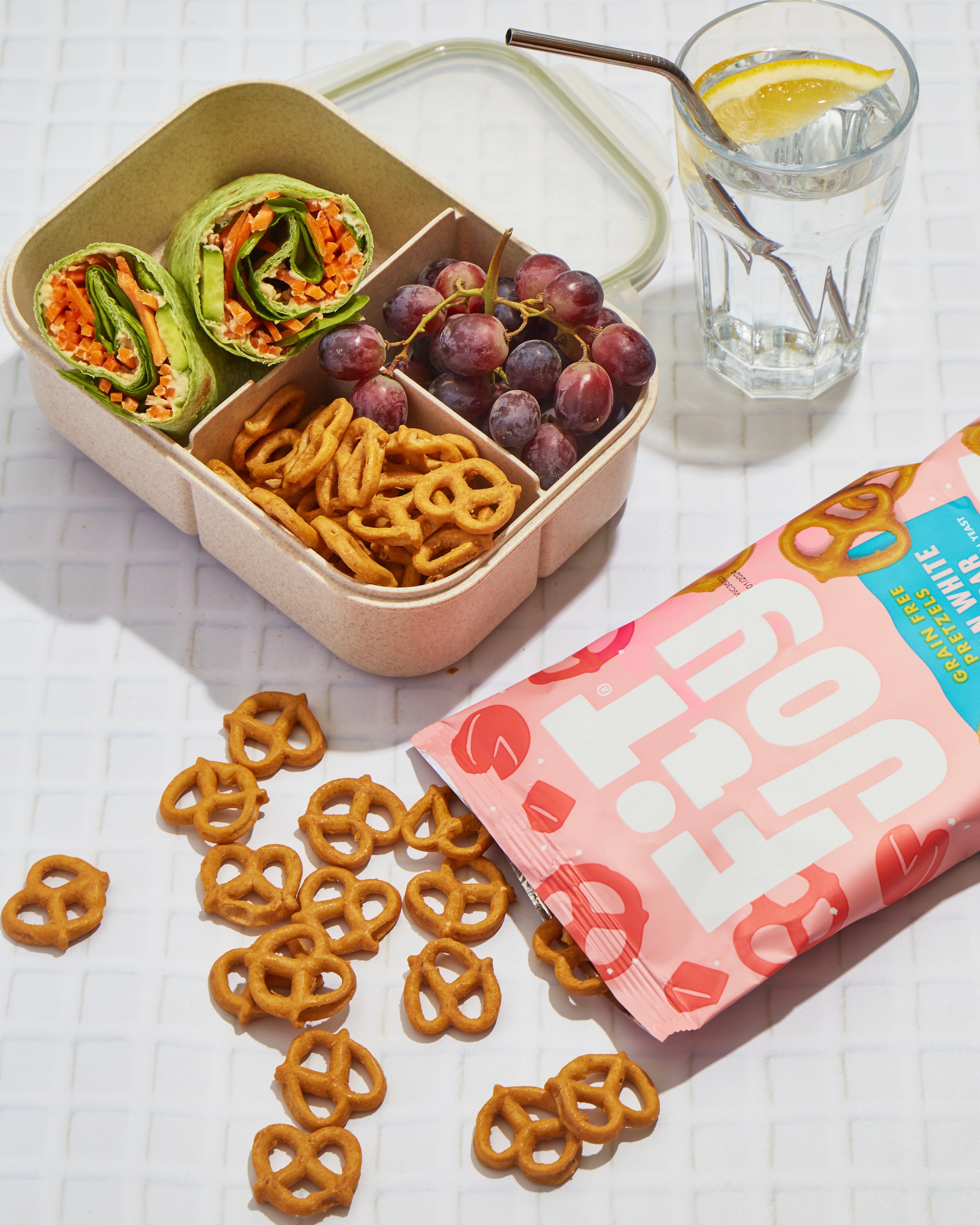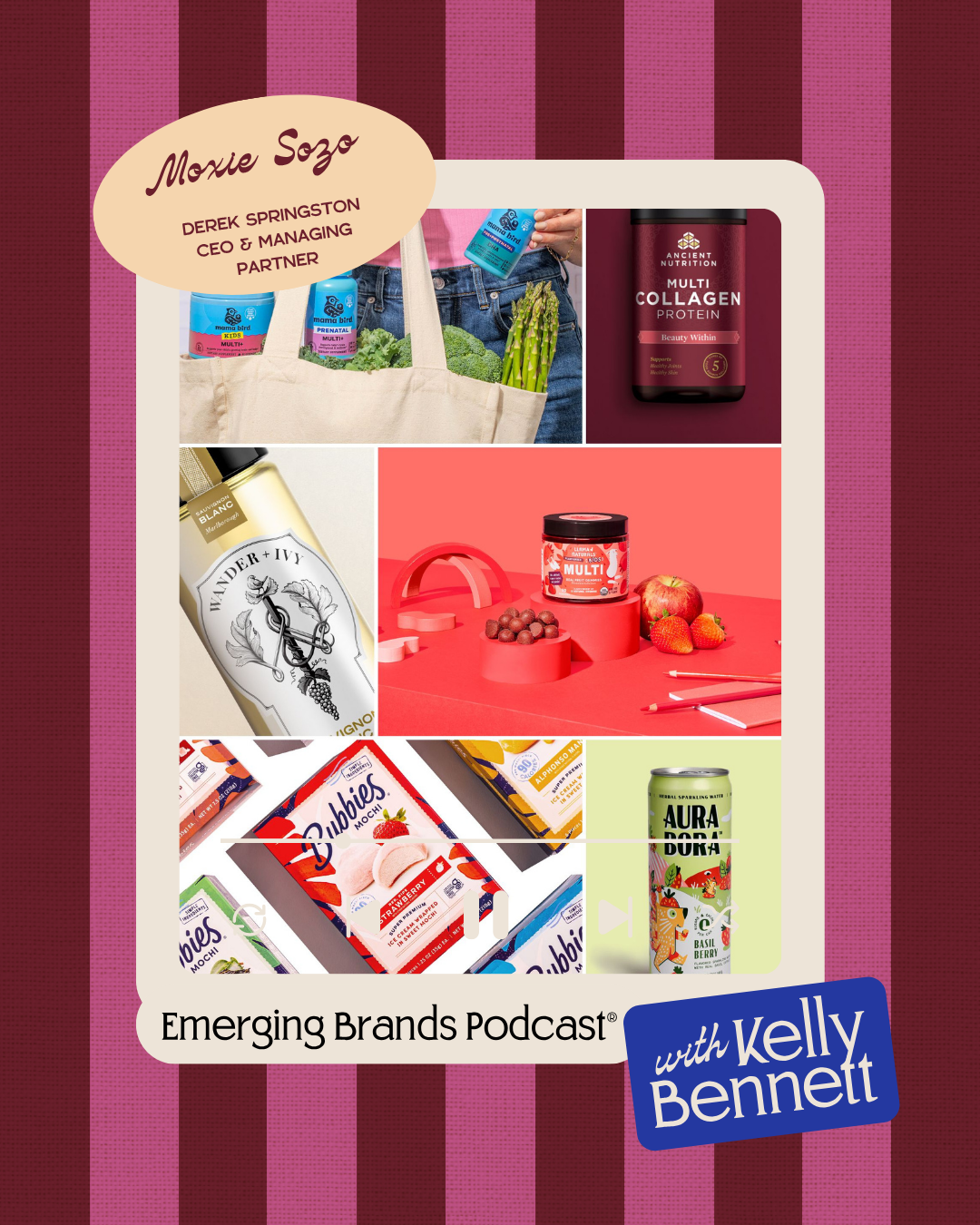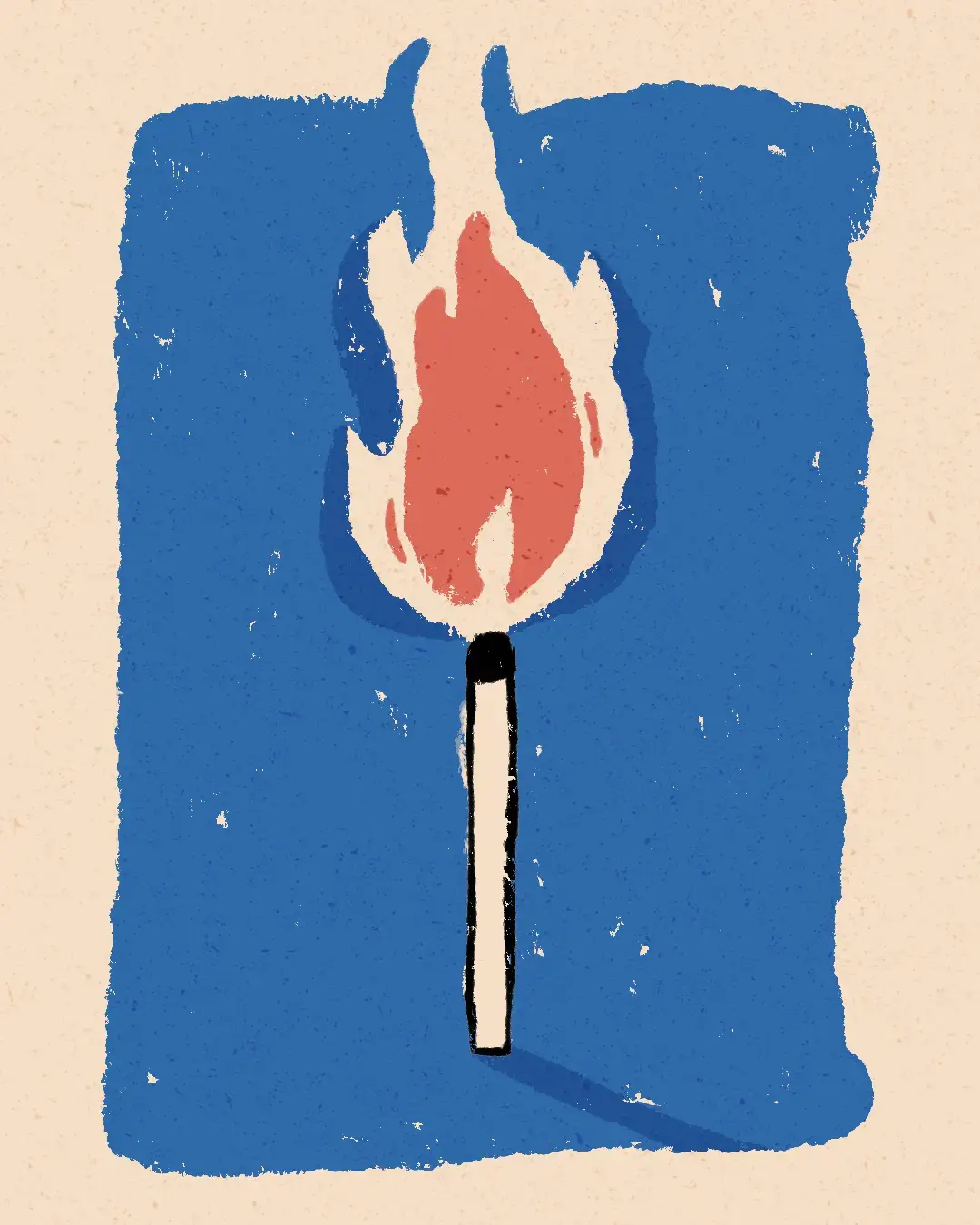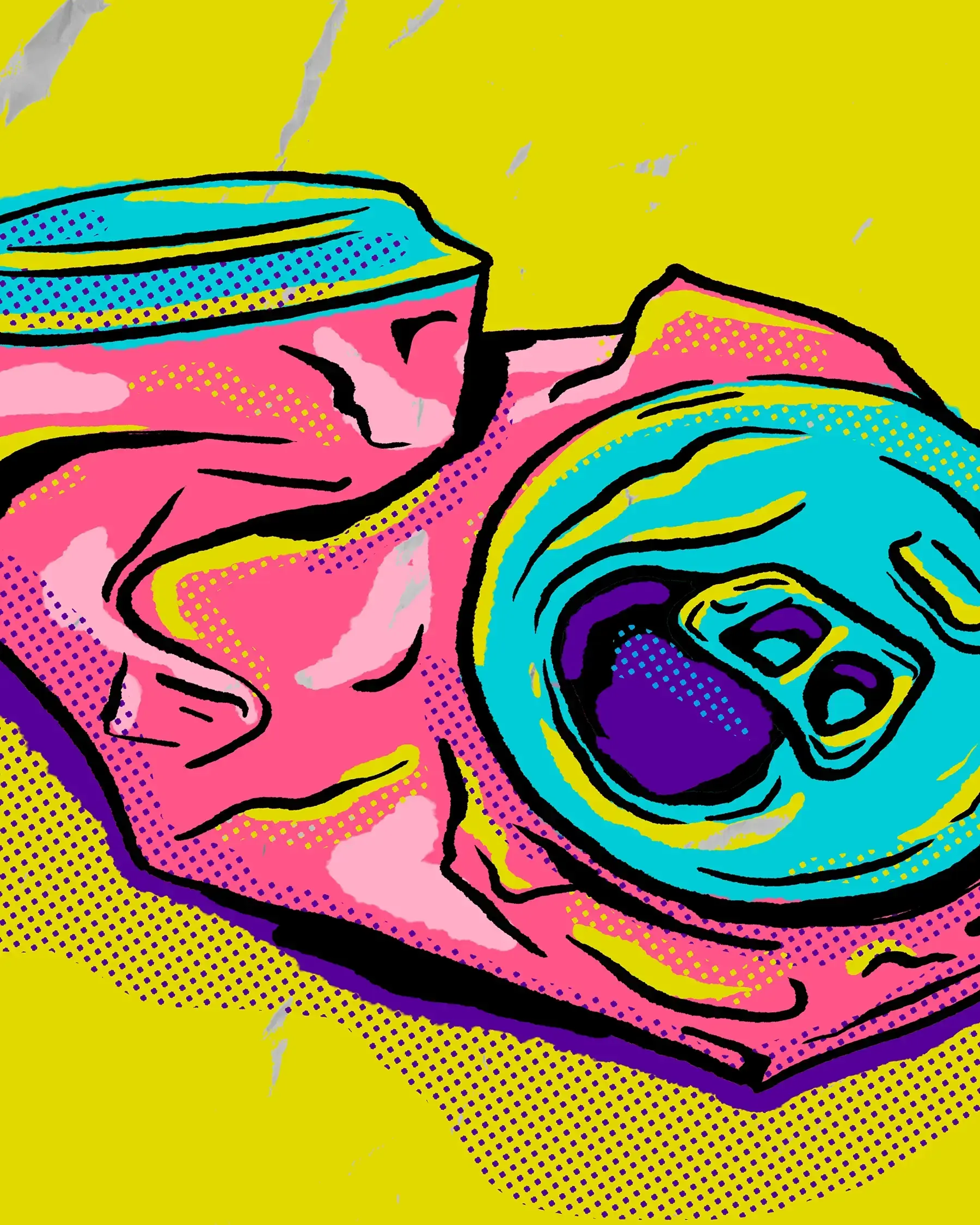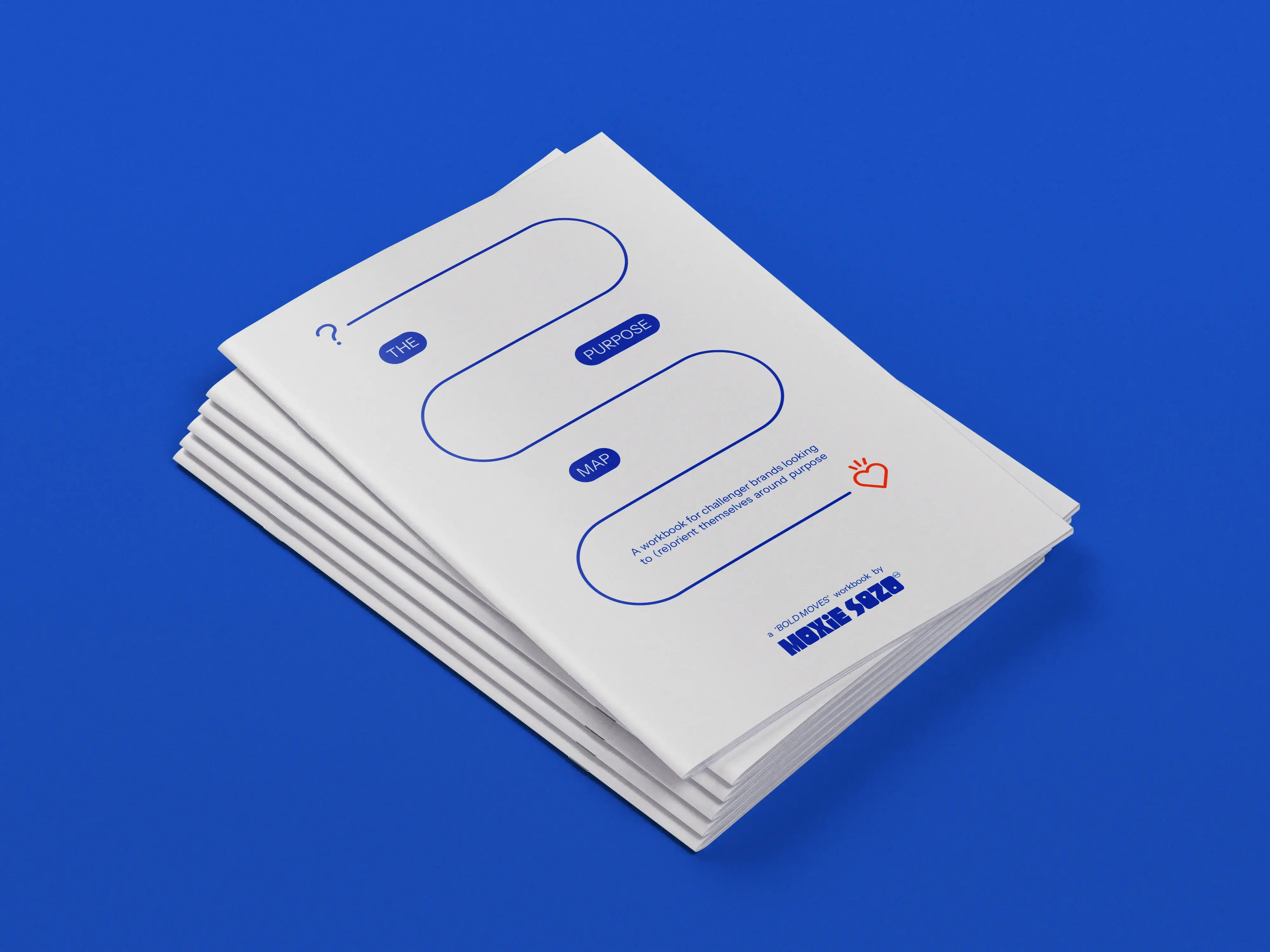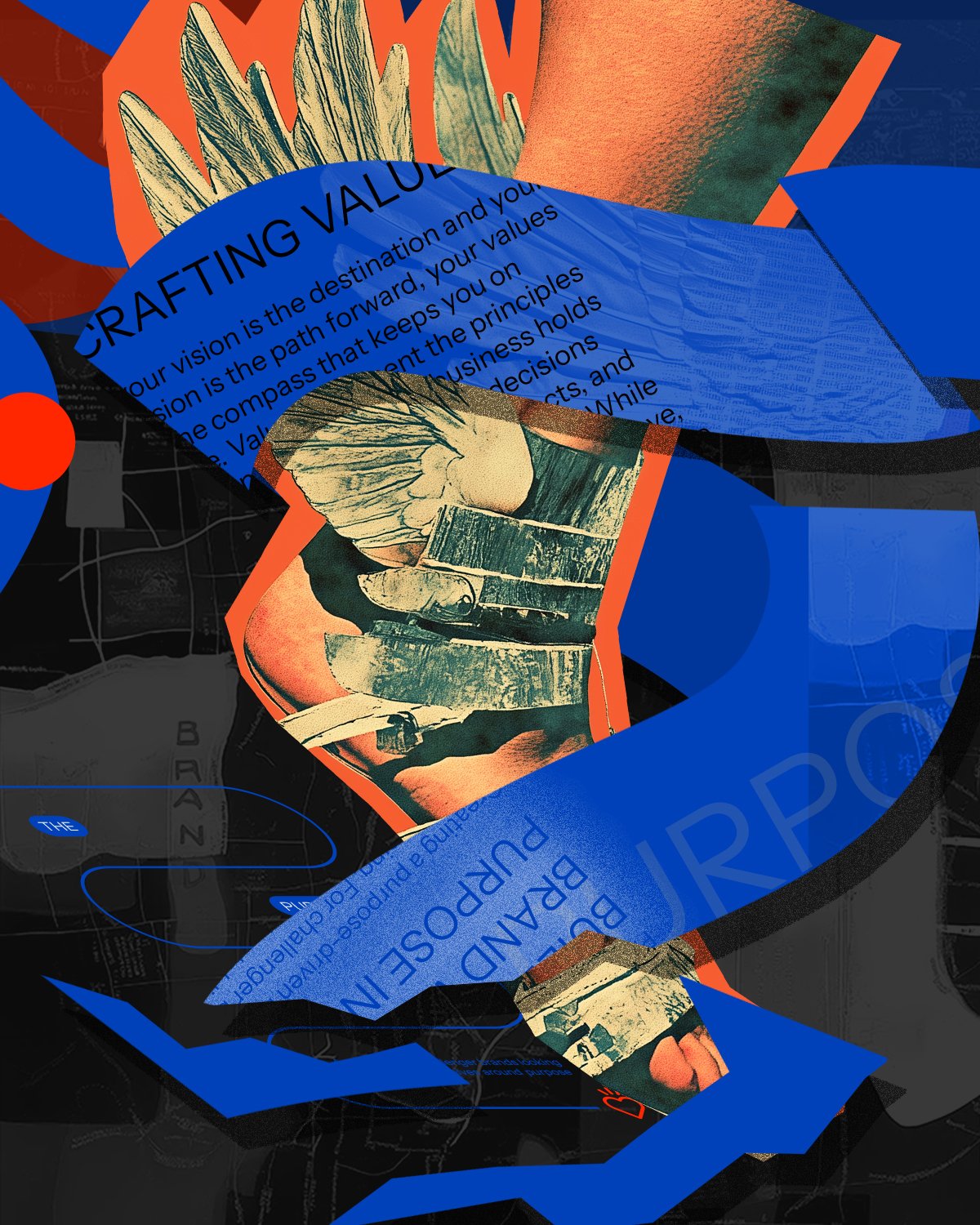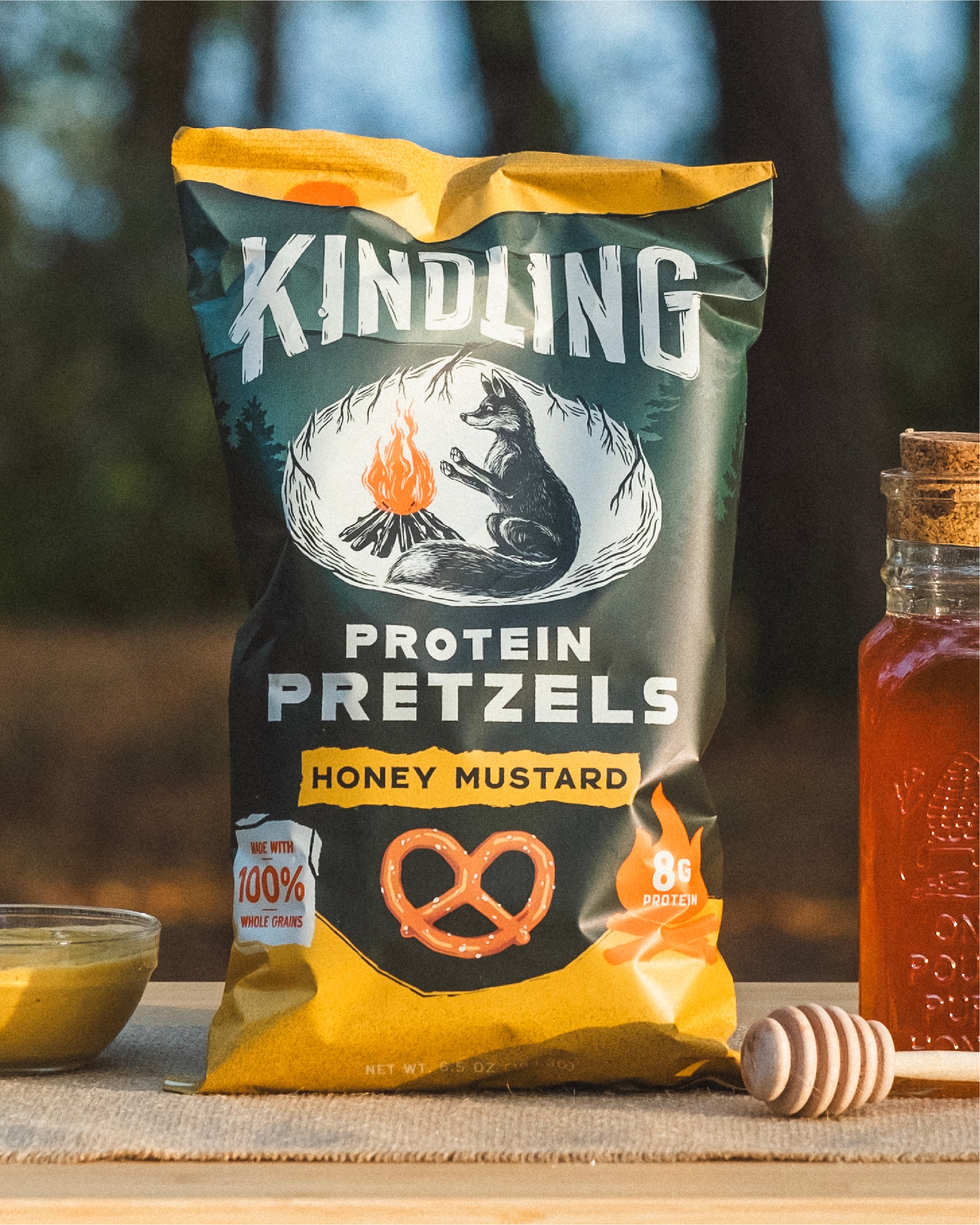Thirst Traps
THINKING INSATIABLY
Thirst Traps is our bi-weekly message in a bottle featuring analysis, thoughts, and hot takes about the consumer goods industry. We also love to celebrate our clients' successes, awards, and agency news.
Author
Moxie Sozo
Date
Author
Moxie Sozo
Date
Author
Aleesha Hotea
Date
Author
Melinda Lathrop
Date
Author
Melinda Lathrop
Date
Author
Moxie Sozo
Date
Author
Moxie Sozo
Date
Author
Moxie Sozo
Date
Author
Matt McMullen
Date
Author
Nate Dyer
Date
Author
Moxie Sozo
Date
Author
Moxie Sozo
Date
Author
Moxie Sozo
Date
Author
Lindsay Connors
Date
Author
Moxie Sozo
Date
Author
Moxie Sozo
Date
%20(2).png)
